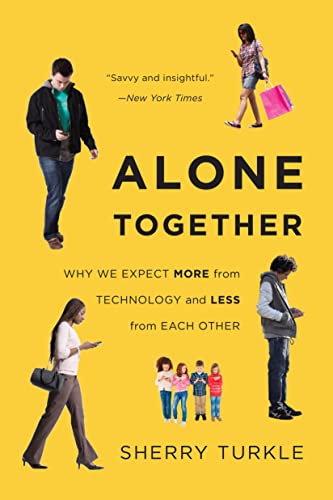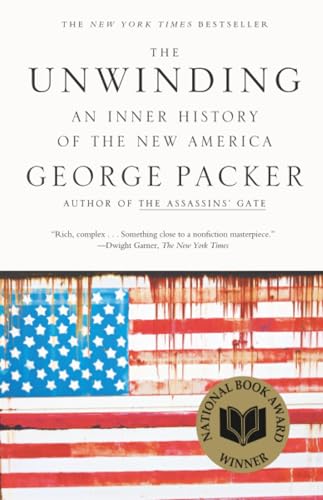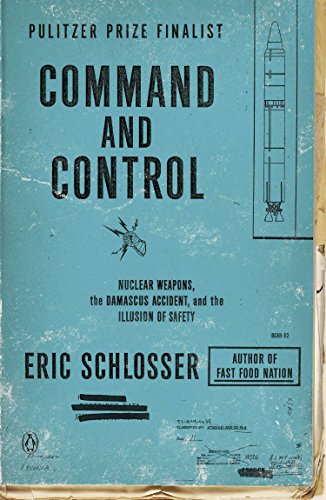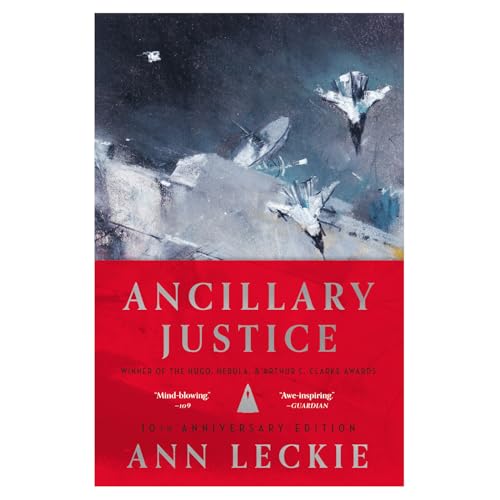Books read in 2014
#
Since 2006, I’ve been keeping track of the books I read each year (2006, 2007, 2008, 2009, 2010, 2011, 2012, 2013). In 2014, I read 37 books. The books that stuck with me as being especially good are:
Alone Together: Why We Expect More from Technology and Less from Each Other, Sherry Turkle
I loved half of this book and found the other half to be a slog. The part about how people interact online and on mobile phones was fascinating and timely. The part about how people interact with robots was OK, but really seemed like a stretch. One of main examples was the Furby. It was interesting to read how people interacted with the Furby, but it does not seem to me that the Furby led to an explosion of lifelike robots in the home.
American Psychosis: How the Federal Government Destroyed the Mental Illness Treatment System, E. Fuller Torrey
If you’ve spent any time in San Francisco, you know there is an epidemic of homelessness. I wondered why this happened (Reagan often gets the blame for closing the mental health hospitals, but the book shows this is too simplistic.). American Psychosis is an indictment of the way we treat mental illness in America. To be sure, the public mental health hospitals were terrible places, but the community mental health treatment centers were never an adequate replacement, and today, police and county jails are the front-line treatment for many mentally ill people. Torrey’s solution is re-centralize treatment and expand the ability of the state to force individuals to undergo treatment. He is particularly critical of the ACLU. Involuntary treatment brings to mind the abuses of psychiatry in the Soviet Union but Torrey makes a strong case that the freedom to be insane is no freedom at all.
I found out about American Psychosis from a review in the New York Times, which is worth reading for a summary.
The Unwinding: An Inner History of the New America, George Packer
This is a collection of stories about individuals trying to get by in New Gilded Age America, interspersed with vignettes of extraordinary people who’ve succeeded in the new milieu. This isn’t a book that tries to explain why (as Atrios puts it) shit is fucked up and bullshit. Instead, it follows people as they try to make sense of an America where the promise that working hard means you’ll have economic security has fallen apart.
Command and Control: Nuclear Weapons, the Damascus Accident, and the Illusion of Safety, Eric Schlosser
The detailed story of the Damascus incident interwoven with the history of nuclear weapons and the inherent conflict between keeping nuclear weapons ready to use and under centralized control. Read this book and be astonished that no nuclear weapons accidents have occurred (yet). Along the way, Schlosser exposes the brutal folly of the nuclear arms race (lack of coordination between the services resulted massive overkill targeting). These weapons are still with us, and the possibility of an accident is almost inevitable, especially has more countries achieve nuclear capability.
Ancillary Justice, Ann Leckie
Ancillary Justice is a solid space opera with an interesting premise. Its protagonist is a soldier who was formerly a starship – or rather, a human who was enslaved and erased and made part of the starship’s group mind. It isn’t the most ground breaking science fiction novel of all time, but Leckie’s universal use of the pronoun “she” for every character makes it a fascinating book and well worth reading.
Here’s the complete list of books I read in 2014:
How to Live Safely in a Science Fictional Universe, Charles Yu
Complications: A Surgeon’s Notes on an Imperfect Science, Atul Gawande
Alone Together: Why We Expect More from Technology and Less from Each Other, Sherry Turkle
A Deepness in the Sky, Vernor Vinge
The Dragon Waiting, John M. Ford
Remote: Office Not Required, Jason Fried and David Heinemeier Hansson
American Psychosis: How the Federal Government Destroyed the Mental Illness Treatment System, E. Fuller Torrey
Cat Sense: How the New Feline Science Can Make You a Better Friend to Your Pet, John Bradshaw
The Lifecycle of Software Objects, Ted Chiang
Inventing Wine: A New History of One of the World’s Most Ancient Pleasures, Paul Lukacs
Masters of Doom: How Two Guys Created an Empire and Transformed Pop Culture, David Kushner
Constellation Games, Leonard Richardson
Same Difference, Derek Kirk Kim
We Learn Nothing, Tim Kreider
The Unwinding: An Inner History of the New America, George Packer
Mr. Penumbra’s 24-Hour Bookstore, Robin Sloan
Flash Boys: A Wall Street Revolt, Michael Lewis
All You Need is Kill, Hiroshi Sakurazaka (translated by Alexander O. Smith)
Command and Control: Nuclear Weapons, the Damascus Accident, and the Illusion of Safety, Eric Scholosser
Tailchaser’s Song, Tad Williams
The Bonfire of the Vanities, Tom Wolfe
The Name of the Wind, Patrick Rothfuss
Mo’ Meta Blues: The World According to Questlove, Ahmir “Questlove” Thompson and Ben Greenman
Ancillary Justice, Ann Leckie
The Last Page, Anthony Huso
The Land Across, Gene Wolfe
The Soul of Money: Transforming Your Relationship with Money and Life, Lynne Twist
Meanwhile in San Francisco: The City in its Own Words, Wendy Naughton
A Night in the Lonesome October, Roger Zelazny
Rainbows End, Vernor Vinge
The Causal Angel, Hannu Rajaniemi
The Human Division, John Scalzi
The God Engines, John Scalzi
Left Out in America: The State of Homelessness in the United States, Pat LaMarche
The Sun Also Rises, Ernest Hemingway
Embassytown, China Miéville
Agile!: The Good, the Hype, and the Ugly, Bertrand Meyer




